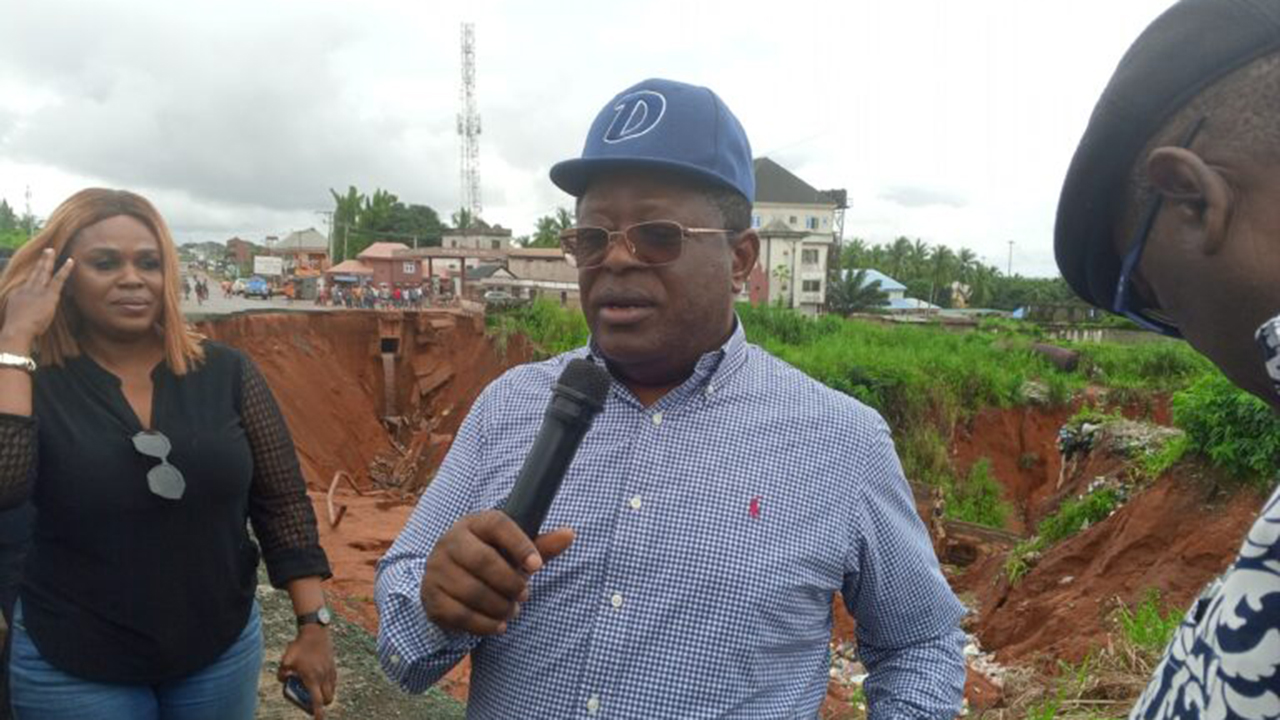
• Inaugurates supervisory committees
• Warns contractors against contract variation
As part of the ongoing reforms at the Federal Ministry of Works, the Minister, David Umahi, has ruled out the use of laterite in road construction and directed that henceforth contractors should use lumps, sharp sand and stone base to form the base before laying of concrete or asphalt pavement.
The Minister stated this at the inauguration of the committees for the supervision of the Reconstruction of Benin –Warri dual carriageway and the dualisation of East – West Road, Port Harcourt-Onne Port junction road in Rivers State.
The Director of Press Affairs of the ministry, Mrs. Lere Adams, in a statement in Abuja yesterday, quoted the minister as saying that laterite has a limited load bearing capacity and is also susceptible to erosion and weathering especially in areas with heavy rainfall, which could lead to degradation of the road surface overtime.
“We are giving very serious attention to the roads between Benin and Warri. The road between Eleme and Onne Port, we are mindful of the site conditions of these roads, the water conditions and the boreholes instead of potholes on these roads. No more laterite; contractors are now to use lumps, sharp sand and stone base in place of laterite”
The minister directed the newly inaugurated Road Taskforce Team to ensure continuous maintenance of all the roads under construction until the end of the project and make sure that the contractors are duly informed of the development.
“The committee must implement the contract agreement with maintenance culture as key. Committee members are to monitor the contractors closely to make sure things are done right. Our contractors can now understand that we are not insisting that things have to change without a reason, but that the society is demanding for sustainability and integrity of the work they are doing.
“We are not at war with the contractors but contractors should not put the public to suffering. Proper daily supervision and documention of what the contractor is doing is compulsory. They must ensure the new method of construction is followed and maintenance follows too because it is part of the elements of the contract and any offence is punishable,” Umahi said.






